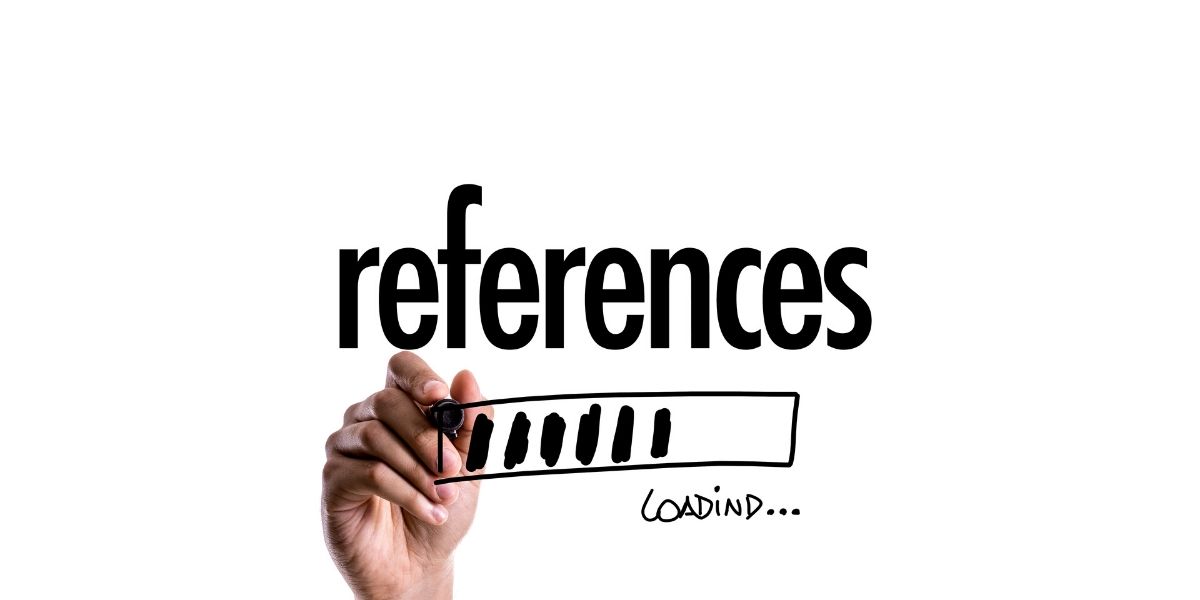Career Advice
How To Ask For a Reference Letter

Reference letters are probably the last thing on a job seeker’s mind when putting together their application.
However, few realise the value of a well written reference letter from a former employer.
A good reference letter vouches for your abilities from an objective standpoint, unlike your resume.
But getting an employment reference letter is a tricky act, often causing much anxiety. How do you ask for it?
Here are six steps to help you get that referral letter!
Step 1: Explain where you are today and what you need
It may have been a lengthy period of time since you last spoke to your former boss or mentor. It is always important to be upfront about your current situation and help you are requesting for. A great way to start off would be like this:
Hi Martin! How are you? I am writing to you because i need a massive favour. I’m considering applying for a senior consultant role at IBM and would really appreciate it if you could write me a reference letter to aid in my application. |
Step 2: Explain why you are approaching them
You’ve probably had many bosses in the past. Therefore, it is important to explain to your former boss why you are picking him/her to write your letter of reference.
We had a really good working relationship back in Oracle and I feel you had a good grasp of my skills and abilities. Furthermore, given your credible status in the industry, I feel you would be the perfect person to give an objective opinion of me to my new employer |
Step 3: Highlight some of your achievements
Your former boss or mentor is probably really busy. It would be great if you could provide him with a guide of sorts to highlight your achievements to aid in the writing of your reference letter.
I’ve included a short list of my tasks and achievements during my time in Oracle. Please feel free to take the attached sample letter and use it as a template. I have tried to address my strengths as a hardworking and driven team player. Please do feel free to make changes to my sample how you deem fit. Also, please do not hesistate to remove certain sections you are not comfortable commenting on. |
Step 4: Give them a chance to say “No”
At this point, it is important to give your former boss or mentor an option to say no without feeling uncomfortable.
If you do not feel comfortable writing a reference letter for me, I completely understand. |
Step 5: Close with a warm thank you
At the last stage, thank your former boss for their time.
Once again Martin, I really do appreciate all the mentoring and guidance you’ve given me over the years. I owe you a huge debt of gratitude. |
Step 6: Sign off
Sign off with a joke or memory from the old days. Something to put a smile on your referee’s face.
We should definitely catch up some time. You still owe me that ice bucket challenge! |

